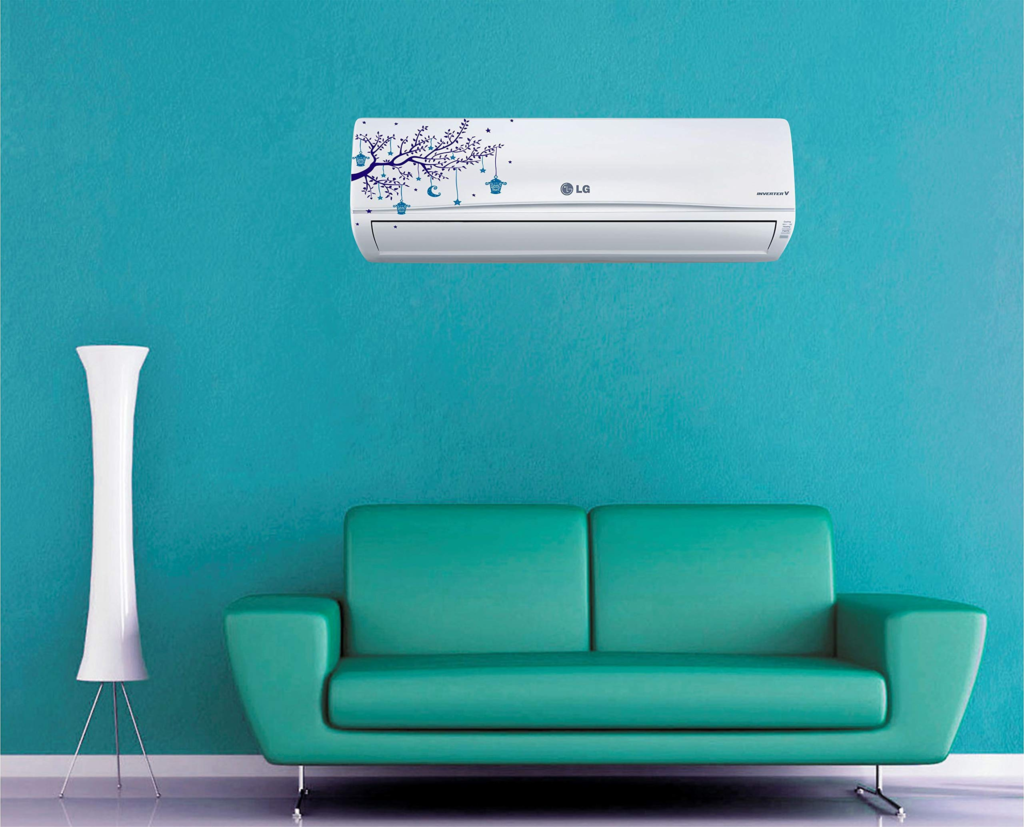
Mini-split systems have become increasingly popular for their energy efficiency and flexibility in heating and cooling spaces. While most installations involve mounting units on walls, there are situations where roof installation is preferred. Installing a mini-split system on the roof requires careful planning and execution to ensure optimal performance and longevity.
Planning and Preparation:
Before embarking on the installation process, it is crucial to conduct a thorough assessment of the roof structure. Ensure that the roof can support the weight of the mini-split unit and that there is adequate space for proper ventilation. Consult with a structural engineer if needed to assess the load-bearing capacity of the roof.
Selecting the Right Unit:
Choose a mini-split system that is suitable for roof installation. These units should be designed to withstand outdoor conditions, including exposure to the elements. Look for models with weather-resistant casings and components, ensuring durability and longevity in various weather conditions.
Securing Permits:
Check local building codes and regulations to obtain the necessary permits for installing a mini-split system on the roof. Compliance with these codes is essential to ensure safety and adherence to legal requirements. Failure to obtain permits may result in fines and complications down the line.
Installation Process:
1.Roof Platform Installation
Begin by installing a sturdy platform on the roof to serve as the base for the mini-split unit. This platform should be level and securely anchored to prevent any movement or vibrations.
2.Weatherproofing
Apply weatherproofing measures to protect the unit from rain, wind, and other environmental factors. This may involve sealing gaps and joints with weather-resistant materials to prevent water ingress.
3.Electrical Wiring
Ensure that the electrical wiring is appropriately routed and secured. Hire a licensed electrician to connect the unit to the power supply, adhering to safety standards and local electrical codes.
4.Refrigerant Lines
Carefully run the refrigerant lines from the outdoor unit to the indoor unit. Use insulated tubing to prevent energy loss and maintain system efficiency.
5.Unit Mounting
Securely mount the outdoor unit on the prepared platform. Follow the manufacturer’s instructions for proper unit placement and orientation.
Conclusion:
Installing a mini-split system on the roof requires meticulous planning, adherence to safety regulations, and attention to detail. By following these steps and consulting professionals when needed, you can enjoy the benefits of an efficient and reliable heating and cooling solution for your space.

